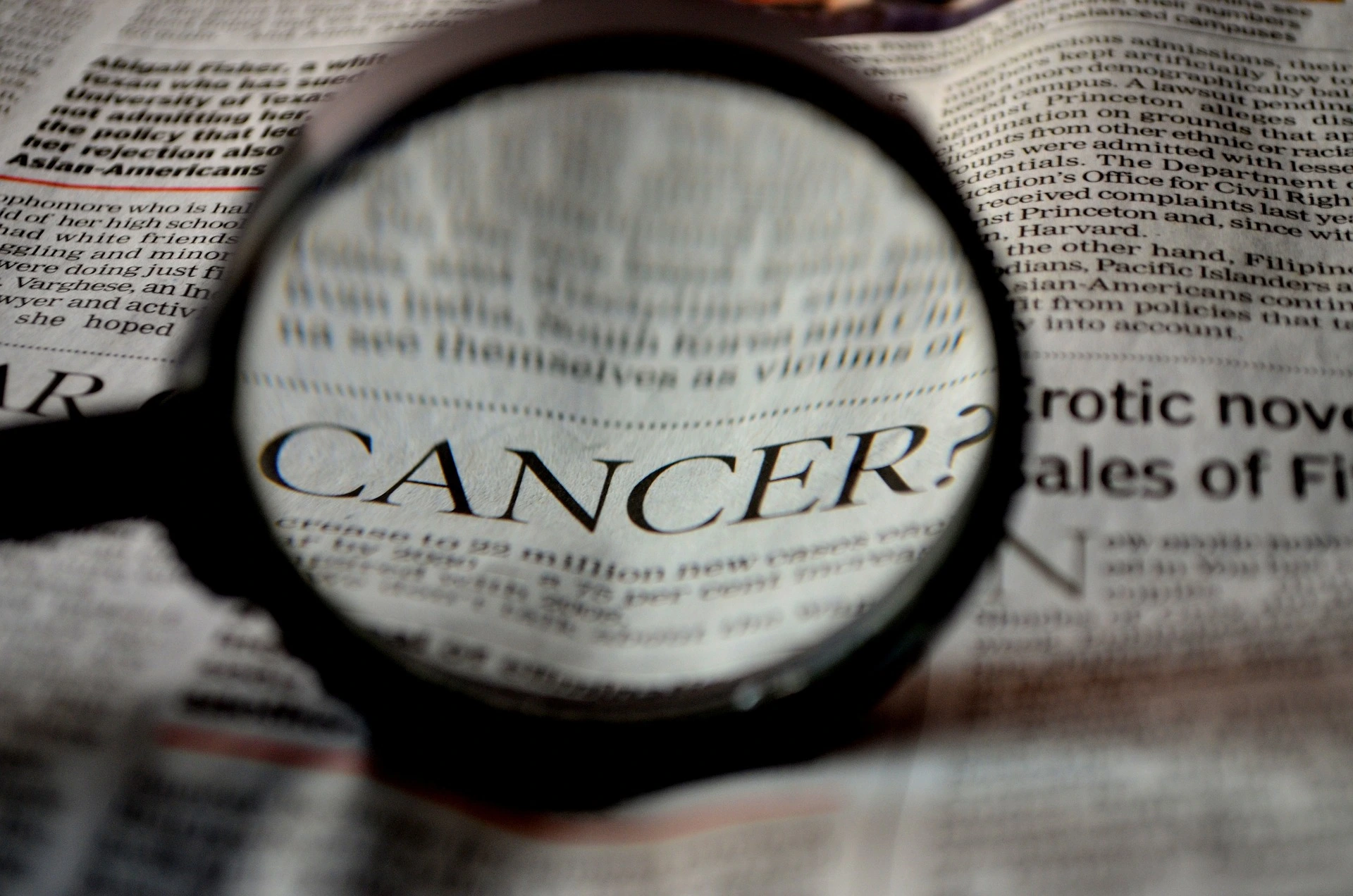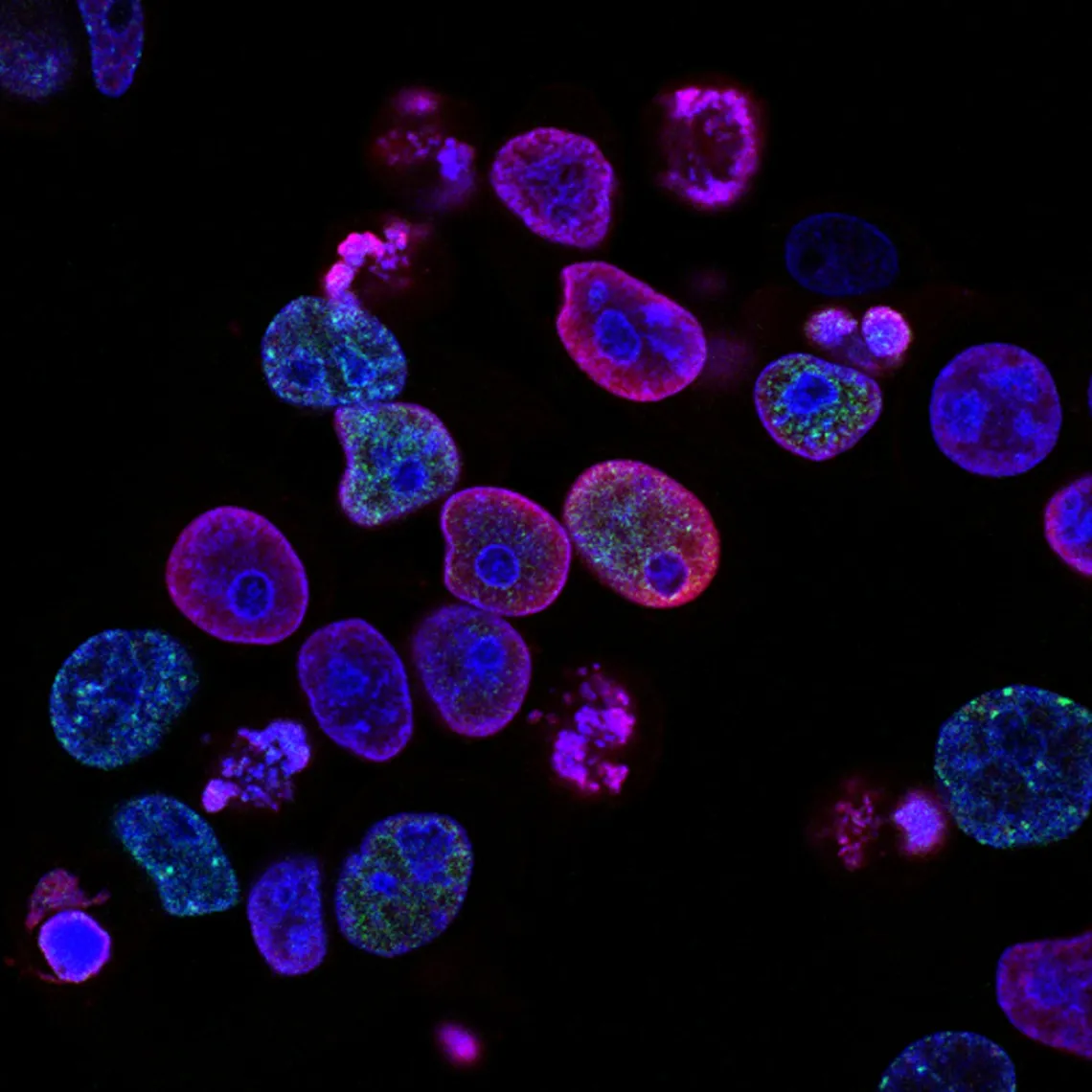
Intermittent fasting may play a role in cancer prevention. According to the World Health Organization (WHO), by 2030, one in two people could be diagnosed with cancer. This alarming prediction highlights the growing impact of cancer, which may soon surpass heart disease as the leading cause of death. Cancer is often linked to lifestyle and environmental factors, such as exposure to pesticides, toxins, and microplastics—hazards we may not even realize we encounter.
Many people unknowingly come into contact with cancer-causing agents through their environment, whether it’s from spraying pesticides, eating contaminated food, or breathing in asbestos. Despite our best efforts to protect ourselves, it’s not always possible to avoid these risks entirely. This is where intermittent fasting might offer significant benefits.
Intermittent fasting has been suggested not only as a potential tool for cancer prevention but also as a way to mitigate the side effects of chemotherapy, making it a promising strategy in the fight against cancer.
The idea that fasting can prevent cancer is intriguing but requires careful consideration of scientific evidence. Research on fasting and its potential to reduce cancer risk is ongoing, with some promising findings, but it’s important to note that fasting alone is not a guaranteed way to prevent cancer.
Potential Benefits of Fasting:
- Autophagy: Fasting may promote autophagy, a process where the body cleans out damaged cells and regenerates newer, healthier cells. This could potentially reduce the risk of cancer by eliminating cells that might become cancerous.
- Reduction in Insulin Levels: Fasting can lower insulin levels and reduce insulin-like growth factor (IGF-1), both of which are linked to the development of cancer. Lower levels of these factors might reduce the risk of certain cancers.
- Caloric Restriction: Fasting mimics the effects of caloric restriction, which has been shown in some animal studies to extend lifespan and reduce cancer incidence.
- Reduced Inflammation: Fasting might lower inflammation, which is a known risk factor for cancer development.
Limitations and Considerations:
- Lack of Conclusive Human Studies: While animal studies show potential benefits, there is still limited evidence from long-term, large-scale human studies to conclusively prove that fasting can prevent cancer.
- Individual Variability: The effects of fasting can vary greatly from person to person, depending on genetics, overall health, and lifestyle factors. What works for one individual might not work for another.
- Nutrient Deficiency: Prolonged fasting or extreme caloric restriction can lead to nutrient deficiencies, which may actually increase the risk of some health issues, including certain cancers.
- Cancer Treatment: Some research suggests that fasting could potentially make cancer treatments like chemotherapy more effective and reduce side effects, but this is a different context from prevention.
Conclusion:
While fasting has potential benefits that could contribute to reducing the risk of cancer, it should not be considered a standalone preventive measure. A balanced diet, regular exercise, and avoiding known cancer risk factors (like smoking and excessive alcohol consumption) are currently the most reliable ways to reduce cancer risk. If you’re considering fasting for health reasons, it’s important to consult with a healthcare provider to ensure it’s done safely and appropriately for your individual health needs.
Did you find my article “Can fasting prevent cancer?” helpful or know somebody who would? I’d really love it if you could share it.



